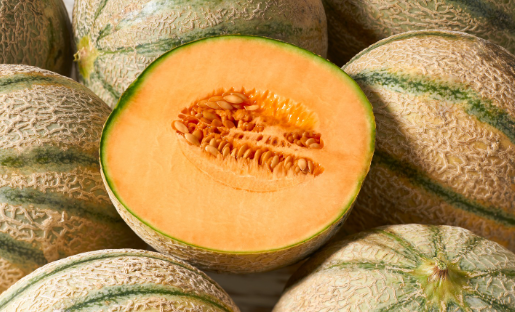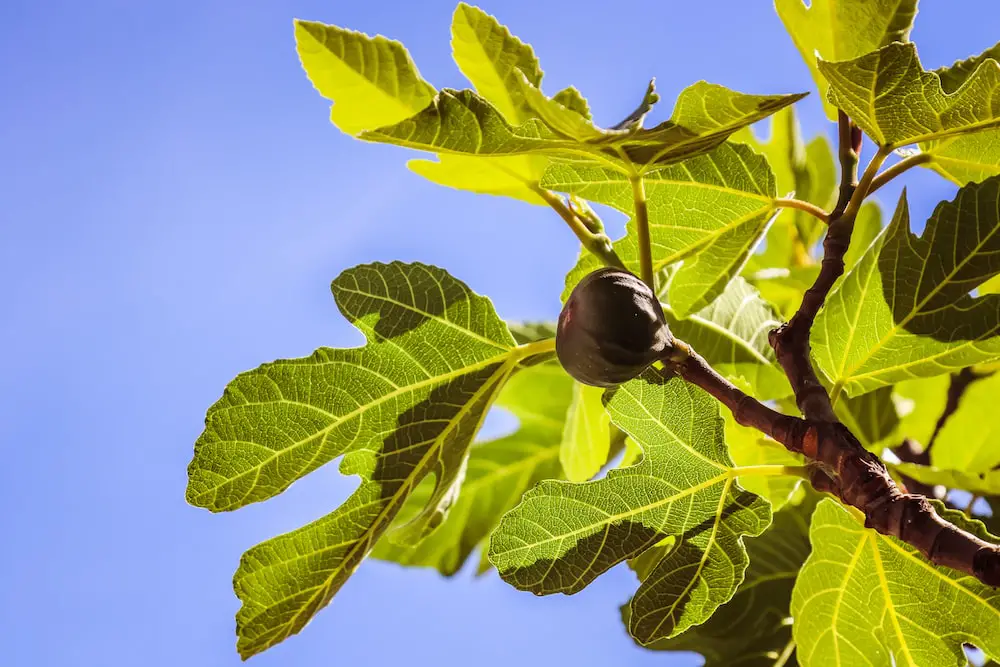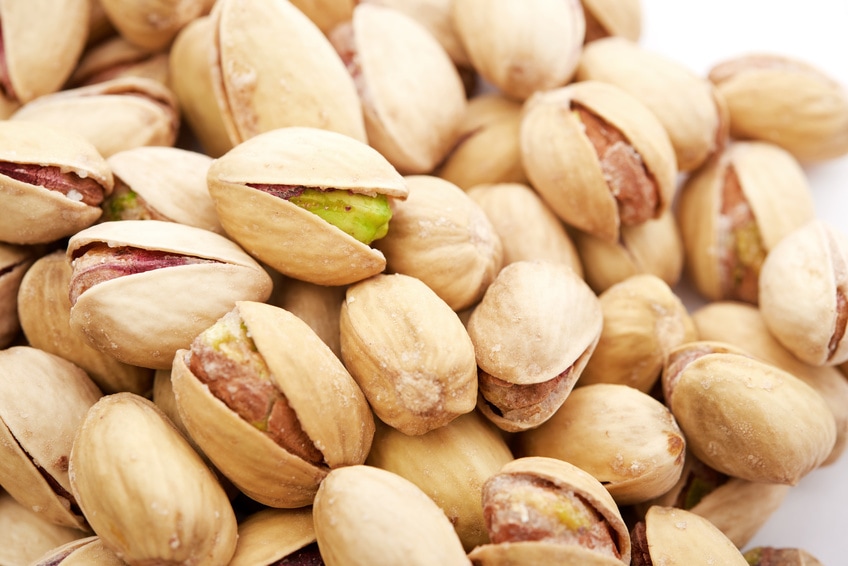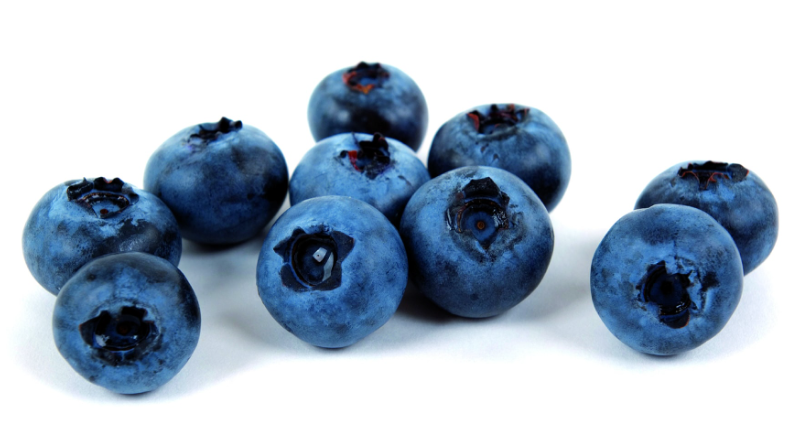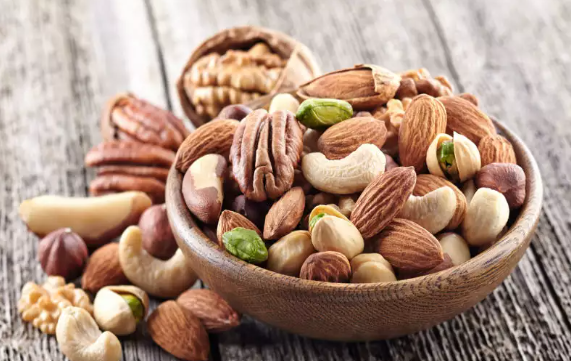Who doesn’t enjoy bananas? They’re tasty, packed with health benefits, and perfect for adding to your smoothie, baking tasty treats, or just eating by itself when you’re out and about.
But let’s think about something fun – can bananas float on water? You’ll be happy to know they can, and there’s a few interesting things that explain why this is. Keep reading to learn all about the cool science behind floating bananas and get to know more awesome stuff about this super fruit.
Table of Contents
Does a Banana Float In Water?
Indeed, bananas can stay afloat in water, and the secret is in those tiny air spaces inside them. These air spaces are like little life jackets that give bananas the ability to be lighter than water, helping them bob on the surface. Plus, as bananas ripen, they get even more of these air spaces, which means they’re even more likely to float!
The Science Behind Bananas Floating in Water
Curious about the science that lets bananas float in water? Let’s dive in!
The Weight of a Banana
A banana’s weight comes from how much water is in it. Ripe bananas have lots of water, which makes them not as heavy as water, so they end up floating. Unripe bananas don’t have as much water; they’re heavier, so they might not float as easily.
The Air Pockets Inside a Banana
Another cool fact is that bananas have these air pockets filled with gases like carbon dioxide and nitrogen. These gases are super light compared to water, so they help the banana stay up in the water.
So there you go, it’s not magic – it’s all about air and weight that make bananas float!
Reasons Why Bananas Float in Water – Detailed Explanation
We see bananas floating because they’re not as packed as water is, and those helpful air pockets within them. When we check out how much stuff is packed into a space (scientists call that density), we find out that water is packed tighter than bananas. That’s why bananas float.
The air pockets that pop up as bananas get ripe also play a big role. When bananas ripen, their starches change into sugars, and this process makes more air spaces. The riper the banana, the bigger these pockets get, which makes the banana lighter and helps it float even better.
Did you know? The banana’s skin also helps it float! The skin itself is not as packed as the inside and has air pockets, too. When you put the banana in water, its skin teams up with the pockets inside to make the banana ready to float.
Wrapping Up
Bananas have this special trick up their peel – they can float on water because they are lighter than water, have those neat air pockets, and a helpful skin. It’s definitely something that gets people talking and wondering about the clever ways of nature.
Apart from being an interesting topic for conversation, bananas are a fruit that can do a lot for us. They’re full of goodness for our health and can be used in so many yummy and creative ways. Plus, knowing the cool facts about their floating abilities just adds to our enjoyment and wonder about these yellow bundles of joy.
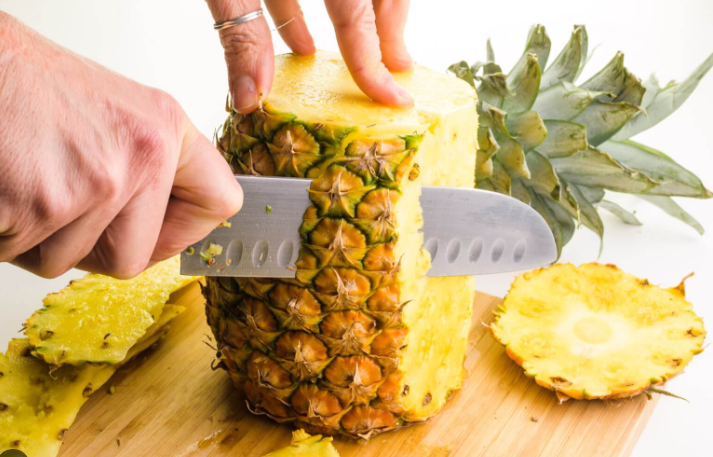

![Is Mango A Citrus Fruit, A Stone Fruit, Or A Drupe? [ANSWERED]](https://fruitonix.com/wp-content/uploads/2023/04/is-mango-a-drupe.jpeg)
